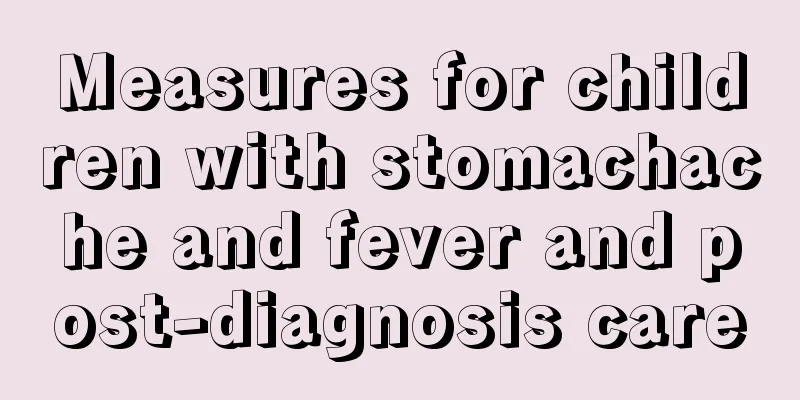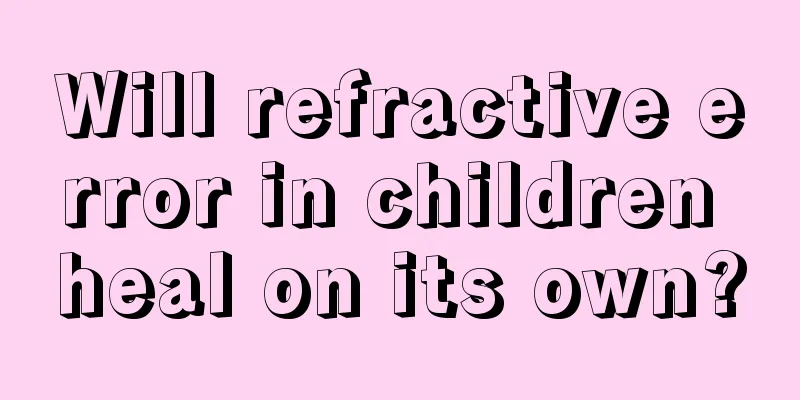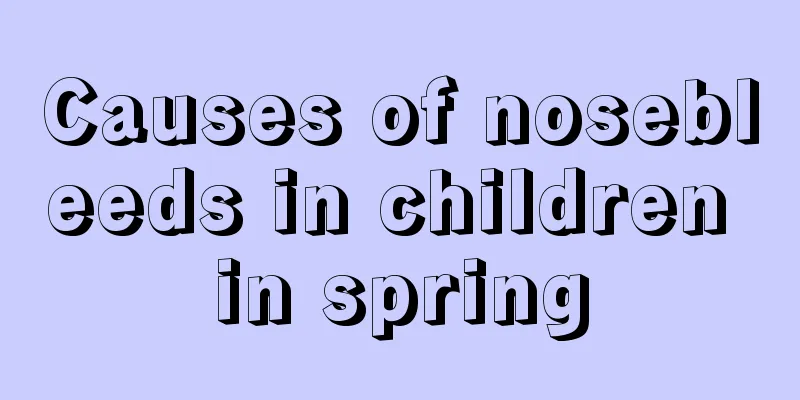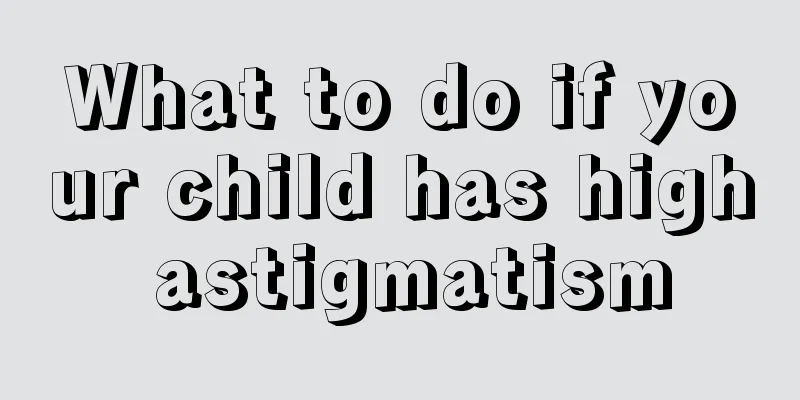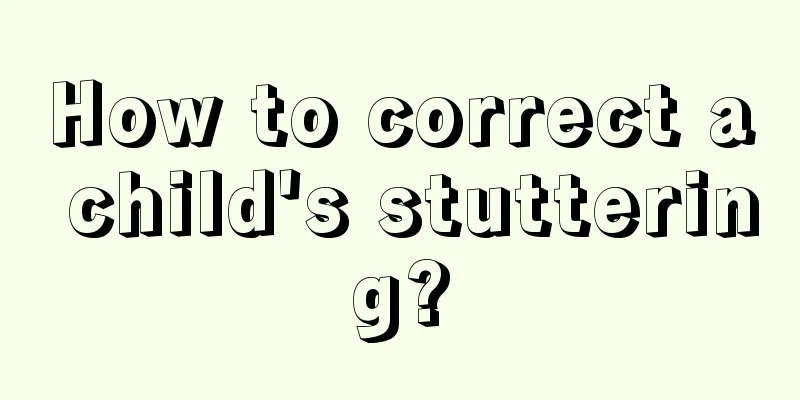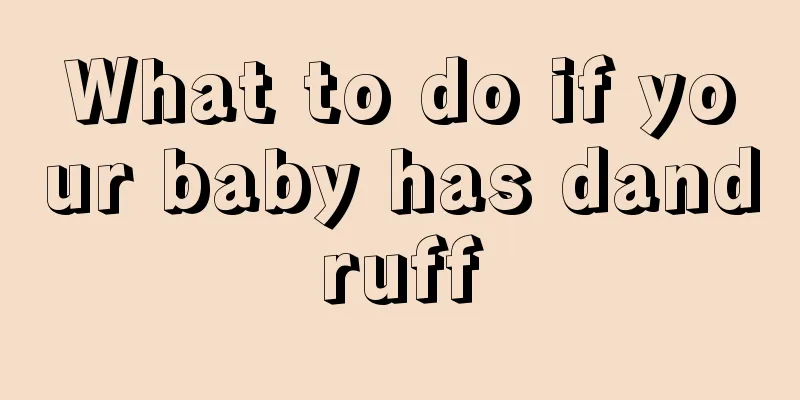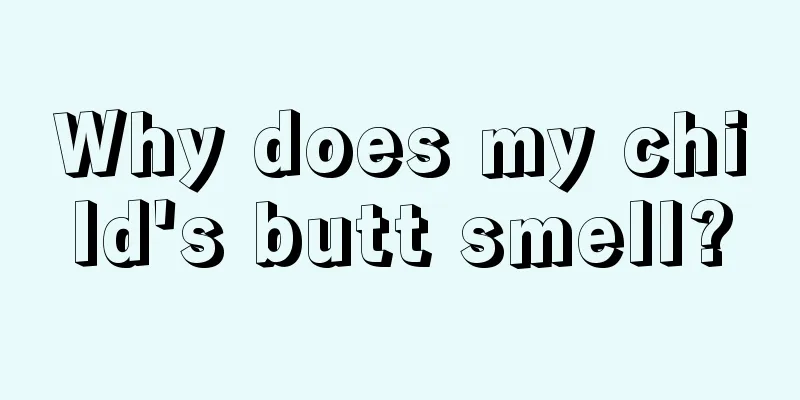What’s going on if my baby has phlegm in his lungs? How to treat it?
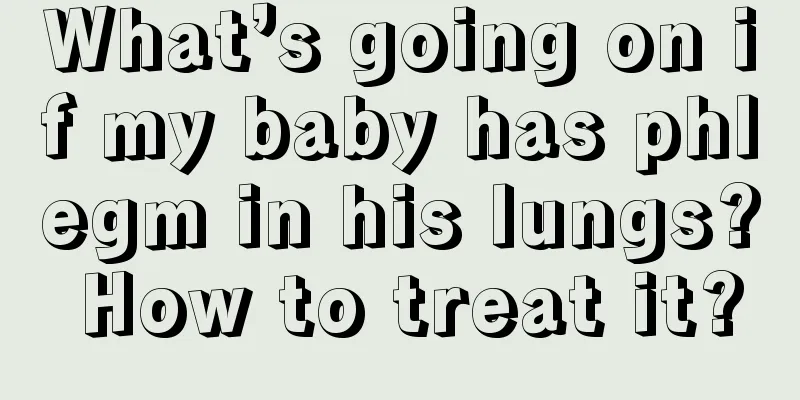
|
Colds and fevers are one of the biggest health threats to babies, because they occur very frequently in babies and they are hard to escape the effects of colds in almost every season. Severe colds can spread to the lungs, causing lung infections and increasing sputum in the baby's lungs, which is a disaster for the baby's health. Let’s take a look at what happens when your baby has phlegm in his lungs? How to treat it? The dangers of phlegm in babies: If there is no better treatment to remove phlegm, the phlegm will remain stuck in the child's throat, which may cause the child to suffer from diseases such as otitis media and pneumonia. 1. Otitis media Because the baby's ears and throat are not fully developed and their functions are not yet complete, the secretions in the nose and throat can easily reach the middle ear cavity through the Eustachian tube, causing water accumulation in the middle ear or causing the child to suffer from acute otitis media. Therefore, parents must proceed with caution. 2. Pneumonia In some cases, sputum will flow into the child's trachea, bronchi, etc. If the situation is serious, the child may get pneumonia. If your child coughs while drinking milk, he or she may also develop aspiration pneumonia. If not treated promptly, the situation may become serious and may cause breathing difficulties or even death in children, which may put their lives in danger. What to do if your baby has phlegm: 1. Phlegm-slapping method (1) When a child is coughing, parents can let the child lie on his side during the pause in coughing, or pick up the child and let the child lie on his side. (2) Parents can make a fist with one hand and gently pat the child’s chest, sides and back. Let the child lie on his left side while patting the left chest, alternating between the left and right sides. (3) Do not use too much force when patting, and follow the order from top to bottom and from outside to inside. It is recommended to massage each side for 3 to 5 minutes each time, 2 to 3 times a day. 2. Keep warm Since children do not have strong immunity, they are more likely to catch a cold than adults and are more susceptible to respiratory diseases such as bronchitis. Therefore, parents should always pay attention to keeping their children warm and not let them be affected by the cold. 3. Drinking water method If a child coughs often, a lot of invisible water will be lost, causing dehydration in the trachea, which will lead to worsening of respiratory inflammation. Lack of water can also cause secretions to become thicker, making it more difficult to cough up phlegm. Therefore, children need to drink more water, preferably boiled water at a temperature of about 23 degrees Celsius, which can moisturize the child's throat and have the effect of physical treatment of the disease. |
<<: What is the best way to treat children’s vomiting due to cold stomach?
>>: What to do to reduce a child’s fever?
Recommend
What causes mental retardation in children?
Once a child has intellectual disability, there w...
What should I do if my child is always constipated?
Newborn babies are the apple of their parents'...
Is it effective to enhance immunity when the baby has a fever?
It is common for babies to have a fever. Fever ca...
How many months can babies wear clothes that are suitable for them?
My child was born in winter. At what months can t...
Newborn baby
Newborn babies need attention in care. At the sam...
Can urticaria be exposed to wind?
There is a saying among the people that children ...
6-7 year old children crying in the middle of the night
Children aged six or seven often cry in the middl...
Treatment of gastroesophageal reflux disease in newborns
The physical health of newborns is an issue that ...
What to do if your baby has poor memory
Many mothers are worried about their children'...
What to do if your child has herpes
Many children are prone to herpes when they are y...
The child had a fever of 39 degrees after vaccination
Children are the apple of their parents' eyes...
What can children eat to have smart brains?
Parents all hope that their children can be smart...
How to supplement calcium for two-month-old babies
When a baby is just born, his body functions are ...
What are the precautions for getting the water bean vaccine?
Diseases are very common in people's daily li...
How many times does a two month old baby poop?
Metabolism is an instinct of our human nature. Th...

